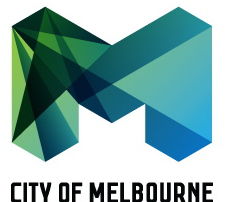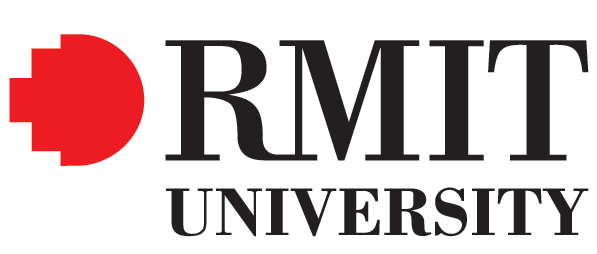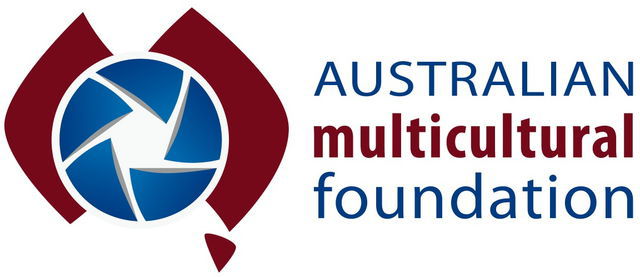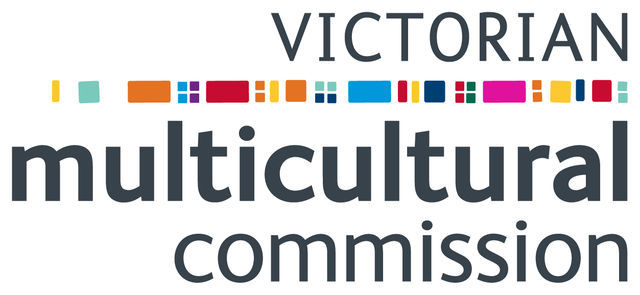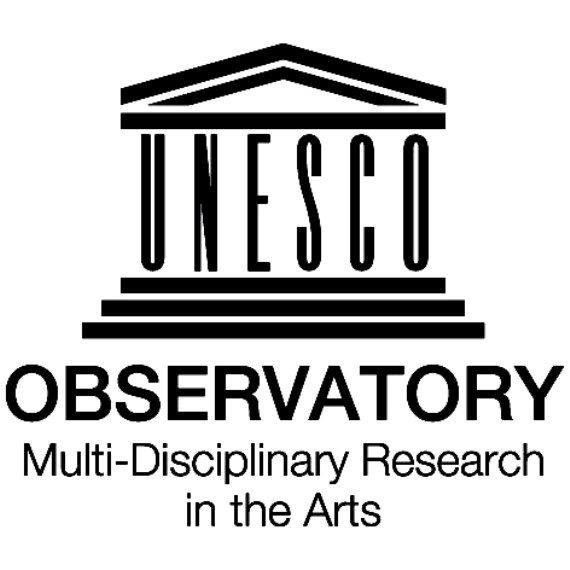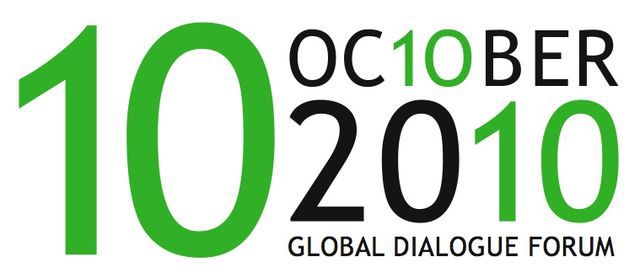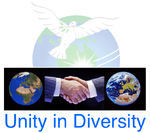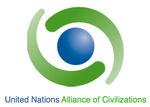BackgroundThe true potential for economic and social development cannot be achieved without the peaceful coexistence of cultures. Good governance, therefore, includes respect for diversity and finding ways to incorporate intercultural dialogue into the agenda of governmental policies and strategies that aim to play a role in achieving peace and development.
New technology and new media are connecting people around the world in ways we could not imagine just a decade ago and the ongoing development of information and communication technologies is raising our awareness that we all are part of a global community. All this makes it easier to learn about the social and economic disparities that are widening within and between countries.
These disparities require adequate and urgent responses in order to prevent a rise in tensions and conflicts among cultures, communities and faith groups.
Established in 2005 as a UN initiative, the Alliance emerged out of a conviction that, in order to achieve sustainable peace, long- standing divisions between cultures need to be addressed. In April 2007, UN Secretary-General Ban Ki-moon appointed Jorge Sampaio, former President of Portugal, as High Representative for the Alliance. Under his leadership, the Alliance embarked on an extensive program of work which includes a range of practical initiatives and projects.
The Global Dialogue Foundation is an Australian not-for-profit organisation. Its principal purpose is to: - Initiate and promote dialogue and collaboration for increased understanding among cultures and civilizations;
- Maintain the identity of original traditions; fostering their impact on the development of mainstream society;
- Strengthening the voice of the Asia Pacific Region in the debate on dialogue and understanding among peoples and cultures;
- Contribute in supporting the work of the UN Alliance of Civilizations in the Region.
Having received a mandate of maintaining international peace and security and developing friendly relations among nations, the United Nations must address these important issues and facilitate the discussion between Member States and civil society on how to incorporate intercultural dialogue across the General Assembly's agenda.
As the UN Secretary-General emphasized, “all too often the United Nations must deal with fires after they break out. Through the Alliance of Civilizations, we can stamp out the sparks before they catch. After all, building peace is not only about negotiations at the top. It is about what happens on the ground, in the daily lives of people. So the Alliance is mobilizing everyone from Heads of State to people on the street”. | 

